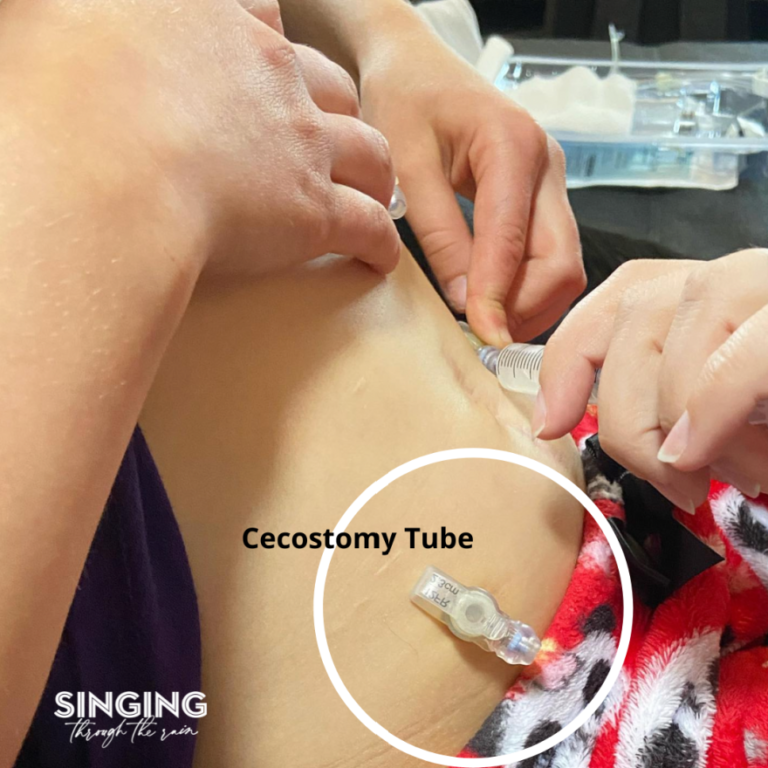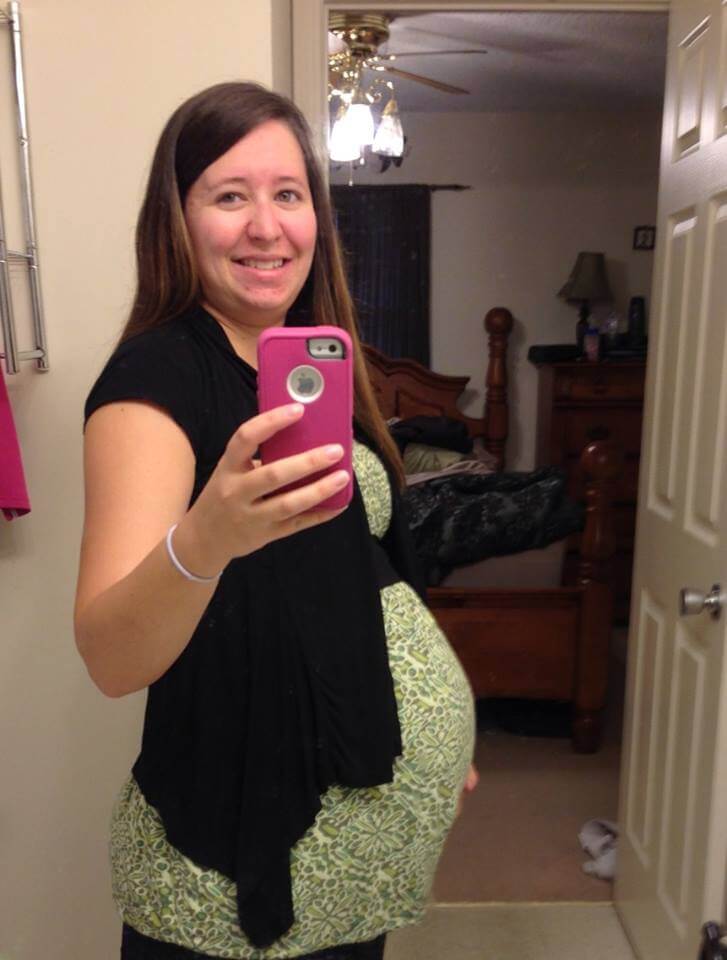When People Tell You to Stop Looking for a Diagnosis
Note: I may earn money or products from the companies, products, or links mentioned in this post.
On February 23rd, 2017, after three years of looking for a diagnosis, my daughter Elizabeth finally received not one, but three main diagnoses from a local geneticist.
For me, it was not a shock. I knew there was a diagnosis out there that fit her and I was not afraid to continue searching in spite of the negativity from others. In fact, one of the diagnoses she received, was one I had long suspected due to my research online.
Receiving those diagnoses for my daughter and previously, the diagnosis of Autism for my son, was one of the most overwhelming but relieving and affirming things of my life. Especially after the things that were said to me by other people, doctors, and even other parents of special needs and medically fragile children.
“She’ll grow out of it.”
“It’s not a big deal.”
“There’s really no point in getting a diagnosis so why keep searching?”
“Getting a diagnosis won’t change anything.”
“Getting a diagnosis won’t be what you expect.”
“You’ll be sorry once you get a diagnosis and wish you hadn’t.”
“Just accept that you will never have any answers or diagnosis.”
But I couldn’t accept any of those things. I knew there was so much more to it than that and I knew that one day with all the medical advancements out there, she would receive a diagnosis.
And guess what? None of those awful things people said to me were true! While every person is different, for the majority of people, getting a diagnosis changes everything.
That’s why I am going to go over these common misconceptions to show why you should never stop searching for a diagnosis for yourself or your child.

Dispelling Misconceptions About Looking for a Diagnosis
1. “She’ll grow out of it.”
Every child is different, but as an advocate for early intervention, I think, why wait? There will be more harm to the child if you wait too long to get help versus getting helping them early on. A lot of kids don’t grow out of it and saying they will is harmful.
2. “Getting a diagnosis won’t change anything.”
Getting a diagnosis changed everything for Elizabeth. Once we knew what was going on, her team was able to come up with a plan.
They changed her formula to one that she could tolerate better. This formula helped her grow and gain weight whereas previous formulas had not.
The doctors increased her fluid intake due to her POTS which lowered her heart rate, helped her feel better overall, and allowed her to be able to tolerate going outside to play in the summer.
It wasn’t immediate, but over time we all saw changes that we knew came from receiving a diagnosis. The doctors now had a direction and way of looking at things through the scope of all three of her diagnoses.
3. “You’ll be sorry once you get a diagnosis and wish you hadn’t.”
Not once have I ever been sorry we received a diagnosis. Receiving a diagnosis changed our lives for the better. It allows us and the doctors to know how to treat Elizabeth and how to make decisions regarding her health.
There have been many times when my daughter was hospitalized and the doctors come in and I explain to them that she has Ehlers-Danlos, POTS, and Alpha Tryptasemia. It’s amazing to watch how their faces change in a look that says, “Ohhh that makes so much sense.”
4. “Just accept that you will never have any answers or diagnosis.”
Don’t. Don’t accept it.
I’m not saying that for every rare child there is a diagnosis – yet. But never give up. There are always new and amazing advances in science and you never know what they could find to help your child thrive too!
What about YOU? Are you looking for a diagnosis for you or for your child? Has it been difficult? What are your tips for others in this situation?







I’m a mom of two children with special needs, a son and a daughter. My son finally got the diagnosis of autism at age 11. I dealt with many of the negative questions and comments from his IEP team that you list here in the blog. I still needed answers though. My daughter who is almost 10 has complex medical issues including damaged kidneys from HUS. Prior to that the school’s kept overlooking her needs with the saying “she’ll grow out of it.” Thank you for sharing this. I’m also a caregiver for my husband a Purple Heart. I’m constantly having to advocate for him too. I appreciate your blog, it’s comforting to know that others get the struggle and understand.